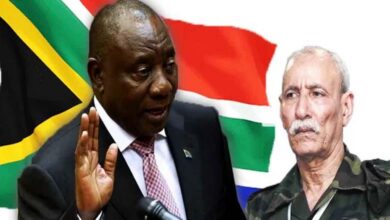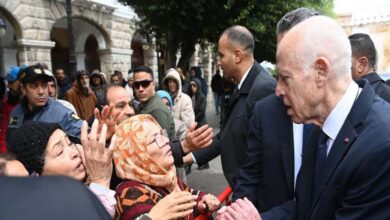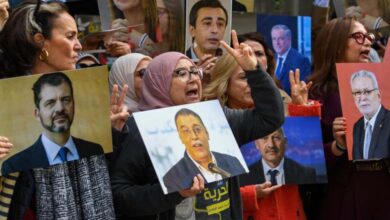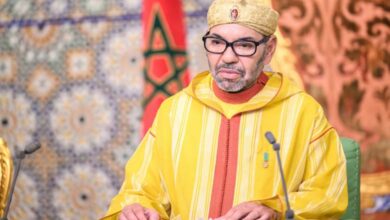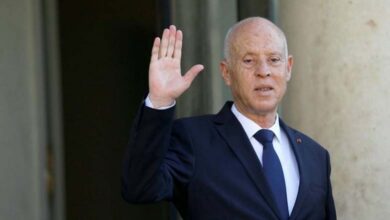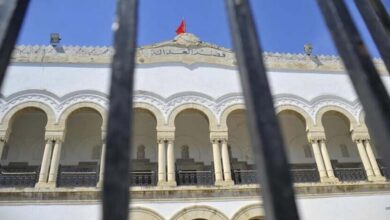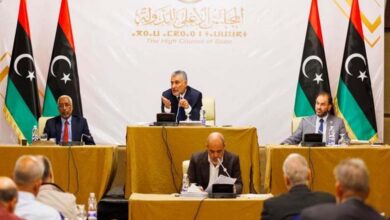A Scheme That Made Them Outcasts: The Waning Influence of the Muslim Brotherhood in Libyan Municipal Elections
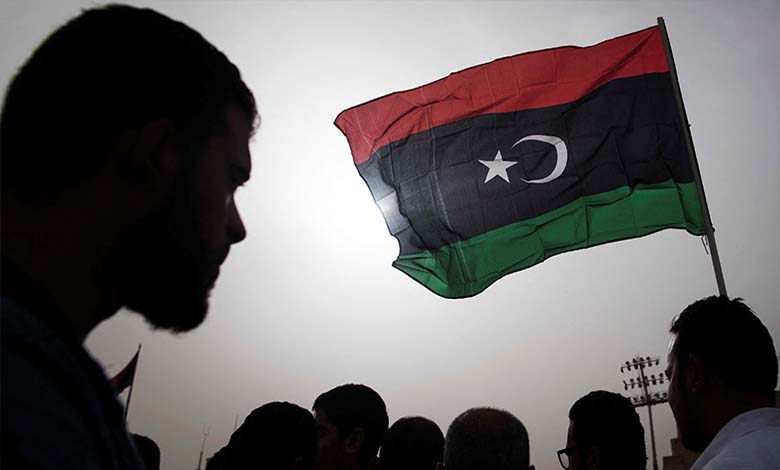
Despite extensive efforts by the Muslim Brotherhood to infiltrate the municipal elections held in Libya on Sunday, their past practices have led Libyans to shun them, particularly following early warnings from the High National Elections Commission about the organization’s schemes.
-
Will Libya’s Muslim Brotherhood Succeed in Infiltrating Municipal Councils? A Libyan Affairs Researcher Answers
-
The Mufti of the Muslim Brotherhood attacks the Libyan parliament… and talks about Western plans in collaboration with the Gaddafi regime
Experts have noted that the influence of the Muslim Brotherhood, already diminishing in Libya due to widespread public disapproval of their past actions, further faded in these municipal elections.
Libyan political analyst Kamel Al-Marash stated that the Muslim Brotherhood in Libya emerged as the biggest losers in this electoral event and likely in any future elections. “They suffer from deep internal divisions and fierce rivalries among their leaders, making them the most hated organization in Libya after their disastrous stint in power and their direct responsibility for the country’s divisions and fragmentation,” he said.
-
Crime, violence, extortion, and looting of people’s properties and state resources… What are the Muslim Brotherhood doing in the Libyan capital?
-
Libyan Leaders Agree to Form a Unified Government… Have the Muslim Brotherhood Abandoned Dbeibeh?
Al-Marash added that one of the reasons for the Brotherhood’s limited role in municipal elections is the failure of partisan politics in Libya to meet expectations. This has led to the absence of party-based competition in these elections, effectively nullifying the Brotherhood’s influence.
He pointed out that municipal elections rely heavily on local tribal and clan loyalties, which are “stronger” than party affiliations. These elections often involve internal power-sharing among tribal components.
-
Libyan Muslim Brotherhoods Sense Danger… Details
-
Supervised by the Libyan Muslim Brotherhood member Salem Al-Sheikhi… What do you know about the (Qaf Interactive) channel?
Another factor that sidelined the Brotherhood was the warning issued by the Electoral Commission last September, which implicitly targeted the organization and the extremist militias it supports, according to Al-Marash.
Libyan legal expert Jamal Amer echoed this view, saying that despite the Brotherhood’s interest in the elections, their affiliated figures are “well-known to Libyans,” complicating their participation. He cited their failure to secure influential seats in previous municipal elections.
-
Libyan City Rises in Support of One of Its Leaders by Blocking Roads and Halting Oil
-
A Journalist Recounts His Experience with the Muslim Brotherhood: Their Methods and Contradictions
Amer added that Libyan society “rejects and despises the Brotherhood,” but their grip on state institutions, particularly in western Libya, and their control of armed militias shield them from public outrage.
Regarding their electoral participation, Amer noted that it was limited to individual candidacies by members who do not openly affiliate with the organization. These individuals conceal their loyalty to the Brotherhood, but their intentions become apparent once they achieve their goal of winning a municipal seat—a strategy commonly employed by the Brotherhood in any democratic process in Libya.
-
El-Katatny Tells His Story with the Muslim Brotherhood… From Joining to Leaving
-
History of the July 23 Revolution Reveals the Terrorism of the Muslim Brotherhood
The city of Misrata, located in western Libya, was under scrutiny as a significant stronghold for the Muslim Brotherhood. However, their mobilization was described as “weak,” according to Libyan political analyst Jamal Al-Fallah.


